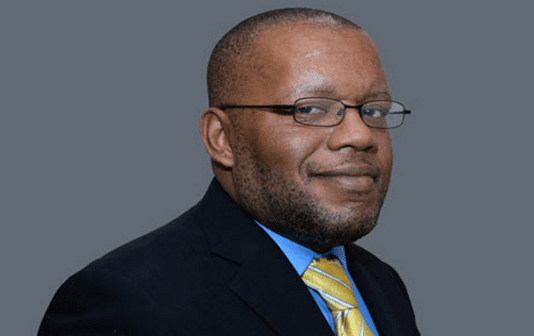By: Jayson Blair
I cringe anytime I hear someone talking about finding “the cure.” It’s the same feeling that strikes me when someone walks into my office, where we help people with mental health problems, proclaiming how they just want to “fix” their loved one.
Warm-hearted and well-intentioned, to be sure, we have adopted the language of the fight for cancer and the language a car mechanic might use to fix a carburetor in our conversations about helping people address the debilitating aspects of mental illness and living better lives. Some might argue that it is a nuance without distinction. But I would disagree.
Words do matter.
And these words, even if inadvertently and unintentionally, can cut deeply, as if to say that we would love you just the way you are if you were just someone else – if you were only fixed, if you were only cured.
At the National Book Festival, several years ago, I had the opportunity to hear Andrew Solomon (a New York Times magazine writer who is the author of a quintessential memoir about depression called The Noonday Demon) discuss a book about children who are different from their parents, called Far From the Tree. In his talk on the National Mall, Solomon told the story of taking on an assignment on deafness 20 years earlier.
“I had thought of deafness entirely as an illness,” he said. “Those poor people – they couldn’t hear. They lacked hearing, and what could we do for them?”
As he went out into the deaf world – seeing deaf theatre, going to deaf clubs and witnessing deaf poetry – Solomon began to take a new perspective and began to see deafness as a culture. It was not his culture and was not one that he particularly wanted to run off to join, but, as he said in a Ted Talk, “I appreciated that it was a culture and that for the people who were members of it, it felt as valid perhaps even as American culture.”
Working in a world of surrounded by mental illness – both as a treatment provider and as a person who suffers – I wonder if I am too sensitive. When I tossed the idea out to a friend for a sanity check recently, the friend replied, “language has a huge effect on how we view ourselves, I think, and looking at any sort of mental illness as something that needs to be ‘fixed,’ oversimplifies the process and almost invalidates the person.”
There is no question that there are many hurdles we have to cross in the effort to improve the lives of people with mental illness. We need more funding for research. We need great access to treatment options. We need to increase awareness. We need to work to fight stigma.
But we also need to change the way that we talk about and respond to mental illness. With all the challenges that come with having something like bipolar disorder or ADHD, there is a certain magical, valid, and beautiful creativity. For every person who struggles with anxiety and depression, there is a certain awareness and empathy that can develop that is rare in others that I see. If we believe that we are made up of a magnificent combination our genetics and our experiences, that our trials lead to our greatest triumphs and qualities, then we have to accept the good with the bad, the triumphs with the tragedies; we have to adopt a language that appreciates that. But, more importantly, we need to adopt a language in which the people we love are valued for who they are and not for who they might someday be.
Jayson is a nationally known mental health writer and consultant. He is a certified life coach and the managing partner of Goose Creek Consulting, in addition to being a member of International Bipolar Foundation’s Board of Directors.


